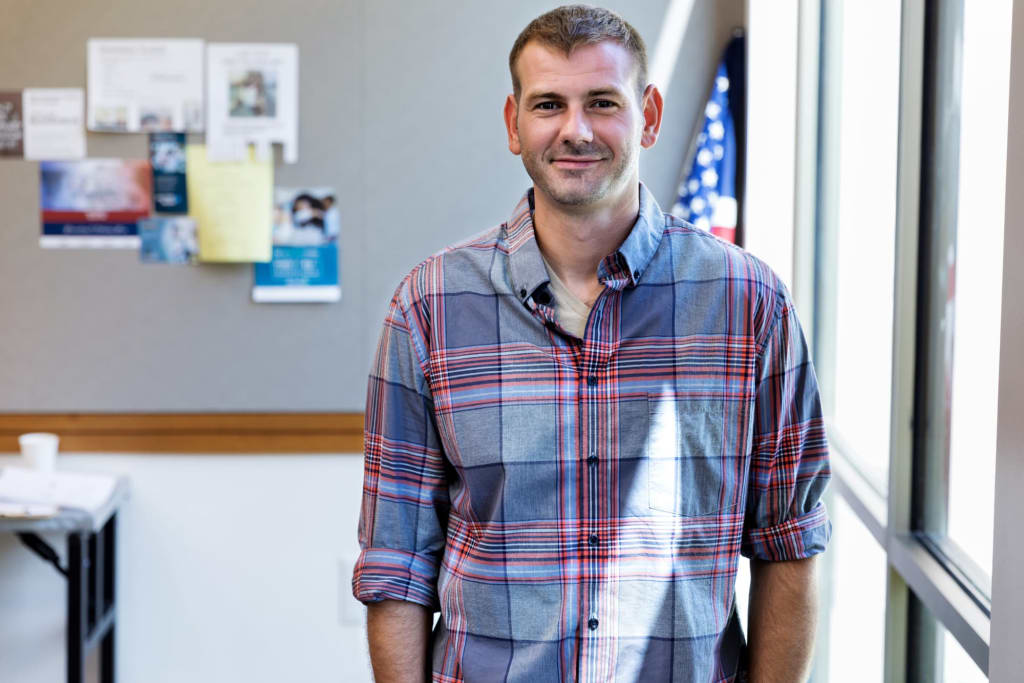As the number of student veterans enrolling in colleges and universities across the United States continues to rise, it is important for campus communities to understand and support their unique experiences. Student veterans bring a wealth of knowledge, skills, and perspectives to the academic environment, but also face challenges that can impact their educational success. By gaining a deeper understanding of the experiences of student veterans on campus, institutions can better serve this growing population.
One of the most common challenges faced by student veterans is the transition from military to civilian life. Many veterans struggle to adjust to the academic environment after years of military service, which can be vastly different from their previous experiences. The structured and disciplined nature of military life may clash with the more flexible and independent nature of college, leading to feelings of isolation and disconnection. It is important for campus communities to provide resources and support services to help student veterans navigate this transition successfully.
Another significant issue facing student veterans is the impact of their military service on their mental health and well-being. Many veterans have experienced traumatic events during their time in the military, such as combat or witnessing violence, which can result in post-traumatic stress disorder (PTSD) or other mental health conditions. These experiences can have a profound effect on their ability to focus on their studies and engage with their peers. Colleges and universities should provide mental health services and resources specifically tailored to the needs of student veterans, as well as create a supportive and inclusive campus culture that destigmatizes seeking help for mental health issues.
In addition to these challenges, student veterans may also face financial obstacles that can impact their ability to complete their education. Many veterans rely on GI Bill benefits to pay for their tuition and other expenses, but these benefits may not always cover the full cost of attending college. Some veterans may also have difficulty navigating the financial aid process or managing their finances while juggling the demands of school and work. Campus financial aid offices should be equipped to help student veterans understand their options and access the resources they need to stay on track academically.
Despite these challenges, student veterans bring a unique set of strengths and experiences to the academic community. Many veterans are older and more mature than traditional college students, bringing a strong work ethic, leadership skills, and real-world experience to the classroom. They also tend to be resilient and resourceful, having overcome obstacles and challenges during their military service. By recognizing and valuing these qualities, colleges and universities can create a more inclusive and supportive environment for student veterans.
In conclusion, understanding the experiences of student veterans on campus is essential for institutions to effectively support and empower this growing population. By acknowledging the challenges they face and providing the necessary resources and services, colleges and universities can help student veterans succeed academically and achieve their educational goals. By fostering a culture of inclusivity and support, campuses can ensure that all students, including veterans, have the opportunity to thrive and excel in their academic pursuits.
